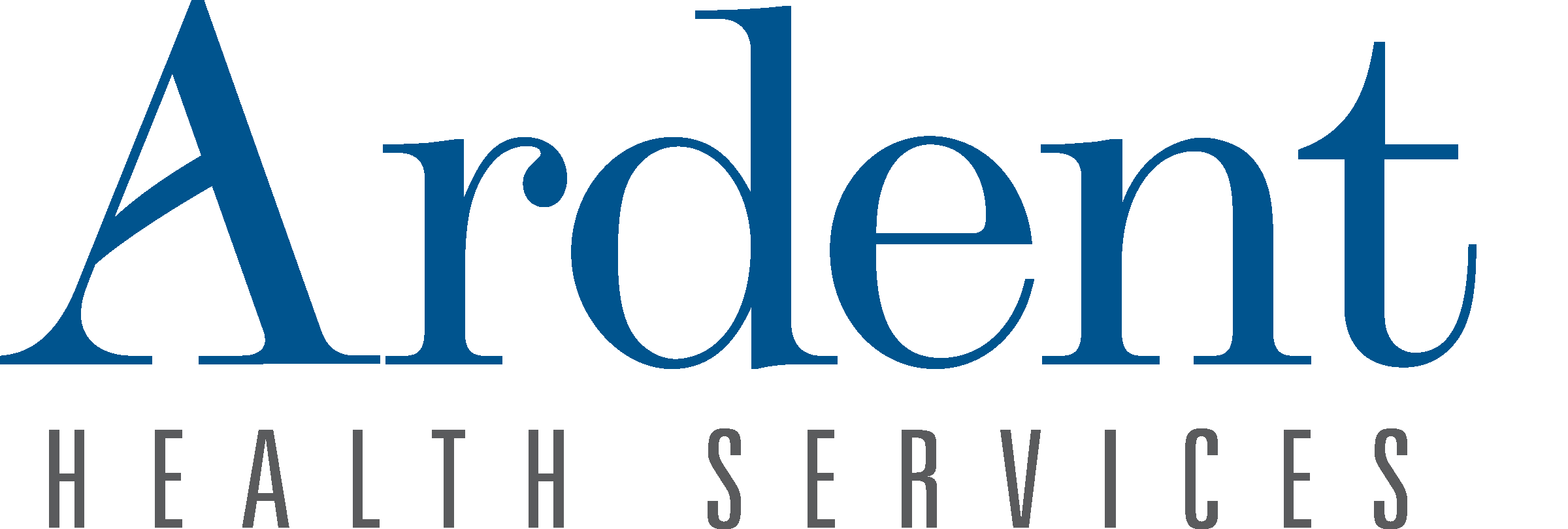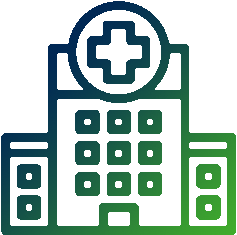Patients and health systems deserve clinicians thriving and operating at their best.
Physician-Led Clinical Decision Support Tool
EvidenceCare's clinical decision support platform is EHR-agnostic and content-agnostic with a focus on empowering better care decisions and improving hospital margins.
Doctors don’t need more invasive technology.
They need the right information at the right time.
Our products are designed with our end-users in mind for optimized clinical workflows.

Trusted by Top Health Systems






Clinical Decision Support Tool
In the intricate realm of modern healthcare, where precise and timely decisions can often mean the difference between life and death, Clinical Decision Support (CDS) emerges as a guiding beacon. At its core, a clinical decision support tool represents a strategic partnership between medical expertise and technological prowess, enhancing the art and science of medicine with the power of information and analysis.
A clinical decision support tool serves as a link, seamlessly integrating cutting-edge technology with the clinical acumen of healthcare providers. These tools are digital allies, empowering clinicians to navigate vast medical knowledge. They swiftly extract pertinent information and orchestrate it into actionable insights.
Amid the deluge of medical data, CDS apps serve as intelligent filters, distilling complex information down to its most essential elements. This enables clinicians to make informed decisions at the point of care.
Utilizing CDS instrument tools in healthcare goes beyond mere efficiency gains. These tools become the silent architects of precision, diligently scrutinizing patient data, cross-referencing it with evidence-based guidelines, and presenting clinicians with a holistic view that fuels confident decision-making.
In an era where the rapid evolution of medical science intertwines with the digital revolution, CDSS tools emerge as the bridge that connects the art and science of medicine. Its exploration explores how clinical decision support tools can be used to support modern care delivery, enhancing the quality of care and elevating patient outcomes.
As the journey unfolds, it becomes clear that a clinical decision support tool in healthcare is more than a technological innovation; it’s a testament to the commitment of healthcare organizations to deliver the proper care to the right patient at the right time — every time.
Challenges of Clinical Decision Support System
Navigating the complex landscape of clinical decision support systems (CDSS) brings forth challenges that mirror modern healthcare’s intricacies. However, these challenges are not insurmountable, and the emergence of clinical decision support apps offers hope by effectively addressing and alleviating these hurdles.
Volume of Information
The healthcare domain is inundated with an ever-expanding volume of medical data, making it challenging for clinicians to access relevant information efficiently. Clinical decision support system examples, such as EvidenceCare, tackle this challenge head-on by curating and presenting only the most pertinent information, sparing healthcare professionals from information overload.
Integration into Workflow
Embedding CDSS seamlessly into clinical workflows can be challenging, potentially disrupting established processes and routines. Well-designed clinical decision support apps serve as a bridge, ensuring a harmonious integration that complements clinicians’ established practices, thereby enhancing overall efficiency.
Balancing Information
Striking the right balance between providing comprehensive information and avoiding an overwhelming cognitive load is a delicate task. The best CDS tools adeptly manage the disadvantages of a clinical decision support system by distilling complex data into concise, actionable insights, empowering clinicians to make well-informed decisions without being inundated.
Credibility and Accuracy
Relying solely on AI-generated recommendations can raise concerns about data accuracy and the credibility of sources. Clinical decision support system advantages and disadvantages are addressed by apps that draw from validated protocols and expert insights, ensuring the reliability of the information presented.
User-Friendly Interface
Traditional CDSS interfaces can sometimes be complex and challenging to navigate, posing a barrier to effective utilization. CDS apps prioritize user-friendly interfaces, offering intuitive designs that empower healthcare professionals to access information swiftly and efficiently.
Time Sensitivity
In critical medical scenarios, time sensitivity demands rapid access to relevant information for prompt decision-making. CDS apps excel in this regard, delivering insights in real-time, often within seconds, enabling timely and accurate care delivery.
Clinical Decision Support System Benefits
The realm of healthcare is experiencing a transformative shift with the adoption of clinical decision support systems (CDSS), providing invaluable assets for healthcare providers and organizations alike. These systems are more than tools.
The advantages of CDS extend beyond mere information dissemination. They redefine healthcare by promoting efficiency, accuracy, and patient-centric care. CDSS counteracts cognitive biases by presenting clinicians with unbiased, data-driven insights, resulting in more consistent and evidence-based decision-making.
Clinical decision support system benefits include:
Optimizing Clinical Workflows
CDSS streamlines clinical workflows by providing ready access to critical information, reducing the time healthcare providers spend searching for relevant data. This optimization enhances operational efficiency, enabling healthcare professionals to give more time to direct patient care.
Reducing Medical Errors
Clinical decision support systems significantly reduce medical errors by acting as safeguards against oversight and potential misdiagnoses. Their ability to cross-reference patient data with established protocols minimizes the risk of oversight and ensures adherence to best practices.
Fostering Informed Patient-Clinician Partnerships
The benefits of clinical decision support systems extend beyond clinical encounters. Patients are active partners in their care, and CDSS empowers them with comprehensible information. This fosters transparent discussions between patients and clinicians, facilitating shared decision-making that aligns with patients’ preferences and values.
Driving Continuous Quality Improvement
Organizations embracing CDSS demonstrate a commitment to continuous quality improvement. These systems facilitate the analysis of clinical outcomes and treatment efficacy. Insights gained from CDSS can be used to refine care protocols, enhance treatment strategies, and ultimately improve patient outcomes.
Enhanced Clinical Decision-Making
CDSS gives clinicians real-time access to evidence-based guidelines, medical literature, and treatment recommendations. They provide a curated pool of information that is a comprehensive resource, aiding clinicians in making well-informed decisions at the point of care.
The clinical decision support tool is a trusted companion, ensuring that medical decisions align with the latest medical knowledge.
Generating New Knowledge
So, what is the role of clinical decision support systems in generating new knowledge? Well, they synthesize evidence-based protocols and cutting-edge research into the clinical workflow.
By continuously integrating the latest research and insights, CDSS transforms healthcare providers into knowledge-driven practitioners, sparking discoveries and advancements in the field.
What Are the Features of a Clinical Decision Support Tool?
A clinical decision support tool (CDST) is a beacon of technological advancement within modern healthcare. These tools are designed to integrate with the clinical workflow seamlessly and encompass a range of features that converge to enhance decision-making, streamline processes, and elevate the quality of patient care.
Here’s a breakdown of these features and how they translate into tangible benefits for healthcare providers:
Comprehensive Data Access
Clinical decision support tools offer healthcare providers real-time access to medical knowledge, including evidence-based guidelines, treatment options, and drug interactions. They serve as a central repository of information, equipping clinicians with the insights needed for informed decision-making.
Clinical Decision Support System Examples
CDSTs draw from a database of established protocols and best practices, presenting clinicians with a curated set of options. They exemplify the collaborative effort of medical experts, translating their insights into accessible and actionable recommendations.
User-Friendly Interface
CDSTs prioritize user experience with intuitive interfaces that ensure swift and efficient navigation. Healthcare providers can access critical information without unnecessary complexities, enhancing workflow and saving valuable time.
Personalization and Customization
Clinical decision support companies recognize that healthcare is inherently personalized, offering customization options based on patient-specific factors. Tailored recommendations consider a patient’s medical history, allergies, and unique circumstances, fostering precision in care delivery.
Decision-Making Software Examples
CDSTs serve as decision-making software, presenting healthcare providers with a clear roadmap for treatment plans. They assist in diagnosing conditions, recommending appropriate tests, and suggesting suitable interventions, promoting standardized and evidence-based care.
CDSS Architecture
CDSTs leverage advanced CDSS architecture that seamlessly integrates with electronic health records (EHRs). This integration ensures the availability of up-to-date patient information, empowering clinicians to make decisions based on the most recent data.
Reduced Cognitive Load
The organization and presentation of information within CDSTs alleviate the cognitive load on healthcare providers. CDSTs filter and synthesize data, presenting relevant insights concisely and allowing clinicians to focus on critical decision-making.
Enhanced Treatment Compliance
CDSTs reinforce adherence to evidence-based protocols, reducing the risk of oversight or deviation from established best practices. This results in standardized and consistent care delivery, improving patient outcomes.
Types Of Clinical Decision Support Systems
In the dynamic landscape of healthcare, clinical decision support systems (CDSS) take on various forms, each tailored to address specific aspects of medical decision-making. These versatile tools are pivotal in guiding healthcare providers toward evidence-based, well-informed choices.
Among the diverse range of CDSS, a standout solution is EvidenceCare, demonstrating a unique combination of features that set it apart as an ideal choice for organizations. Here are common types of clinical decision support systems:
Diagnostic Support Systems
These systems help diagnose medical conditions by analyzing patient data and generating potential diagnoses based on established medical knowledge. They assist healthcare providers in identifying the most likely needs based on symptoms, lab results, and medical history.
Treatment Decision Support Systems
These clinical decision support applications focus on recommending optimal treatment options for specific medical conditions. They consider patient characteristics, medical history, and evidence-based guidelines to provide personalized treatment recommendations.
Alerts and Reminders
CDSS, in this category, notifies healthcare providers of potential drug interactions, allergies, and other critical alerts. They serve as safeguards, preventing medication errors and promoting patient safety.
Clinical Reference Tools
These tools provide a repository of medical knowledge, including drug information, treatment guidelines, and disease-specific resources. Healthcare providers can access up-to-date details swiftly, enhancing their decision-making.
Integrated EHR-CDSS Systems
CDSS integrated with electronic health records (EHR) offers seamless access to patient data, enabling real-time decision support. They ensure that healthcare providers have the latest patient information at their fingertips.
EvidenceCare as an Ideal Solution
EvidenceCare stands as an exemplary clinical decision support tool that encompasses a range of software catering to various clinical specialties and organizational needs. Its predictive support system aids healthcare providers in identifying appropriate guidelines, avoiding unwarranted care variance, and support clinical pathways.
Their decision support system offers EHR-integrated evidence-based treatment recommendations, enhancing the quality of patient care. Alerts and reminders within EvidenceCare act as vigilant safeguards, preventing errors and improving patient safety.
By functioning as a comprehensive clinical guidance tool, EvidenceCare is a trusted knowledge hub for healthcare providers, ensuring they are equipped with the latest medical insights. Integrating EvidenceCare with EHR systems guarantees healthcare providers have a cohesive and holistic view of patient data, streamlining decision-making.
In a world where medical decisions have profound consequences, clinical decision support systems emerge as invaluable allies. They empower healthcare providers with the knowledge and tools needed to deliver optimal care, ensuring that every decision is grounded in the latest evidence and tailored to the patient.
Schedule a demo today to enhance healthcare quality and patient outcomes by leveraging clinical decision support tools.







